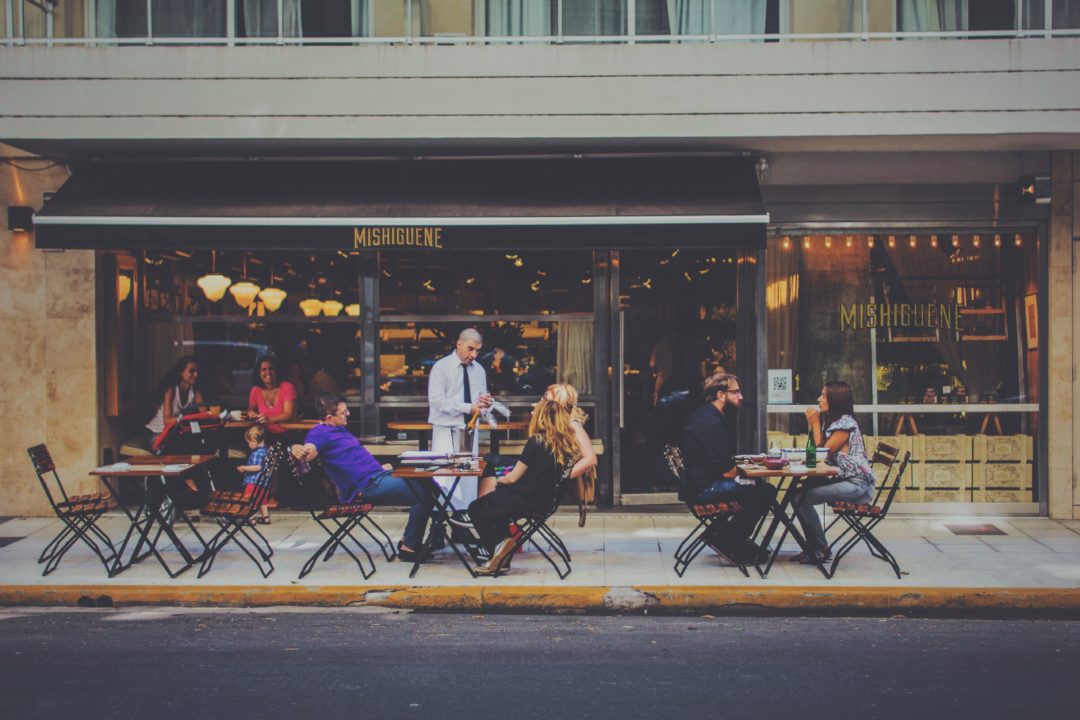Your choice to drink less or not drink at all is something to be incredibly proud of. It’s a choice that represents self-care, mindfulness, boundary setting, and so much more. While many recognize that drinking less is a superpower, alcohol still shows up in our culture in a big way. It can be difficult toContinue reading “6 Ways to Say No to Alcohol in Any Situation”
Monthly Archives: July 2021
The Science of Hangxiety, And What To Do About It
The word ‘Hangxiety’ might not be in the dictionary, but you’ve likely heard it and very well may have experienced it. For many, hangover-induced anxiety, or drinking-related anxiety, is very real. Many of my patients pursuing online alcohol treatment at Monument ask me why they feel anxious after drinking alcohol. What is Hangxiety? At aContinue reading “The Science of Hangxiety, And What To Do About It”
How Does Disulfiram Work?
Disulfiram, also known as Antabuse, is one of the FDA-approved medications used to treat alcohol use disorder (AUD). Medication to stop drinking can make an incredibly meaningful difference in the recovery journey, especially when paired with specialized alcohol therapy. The effects and recommended uses of disulfiram are specific to each individual, and it’s best toContinue reading “How Does Disulfiram Work?”


